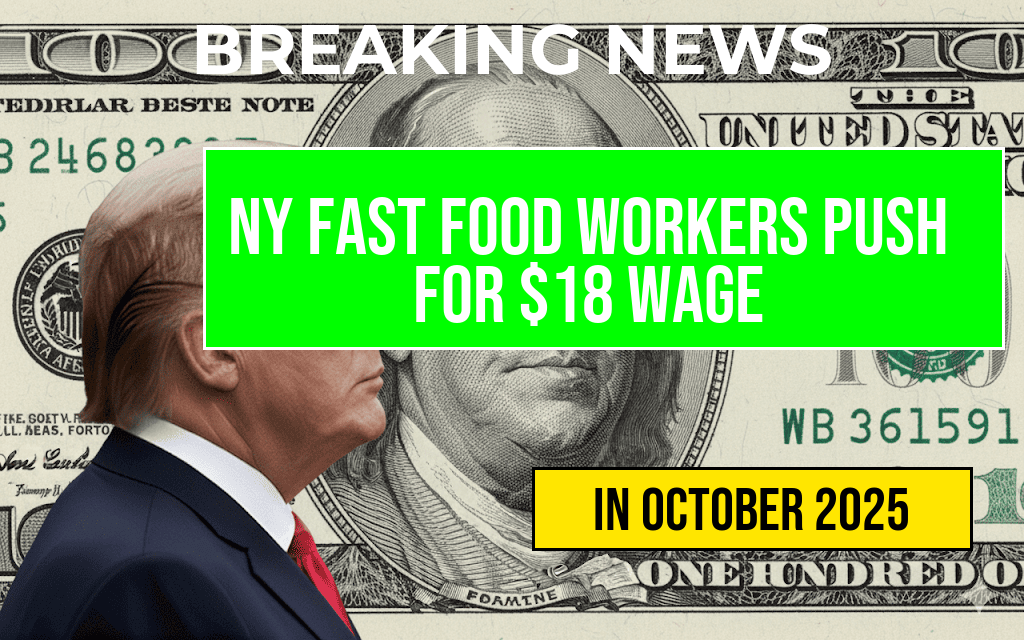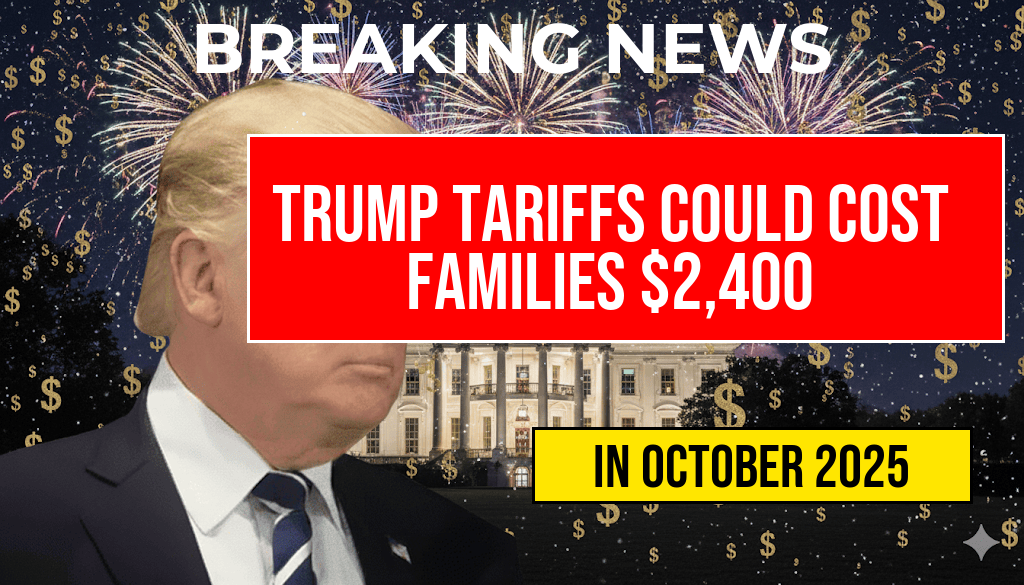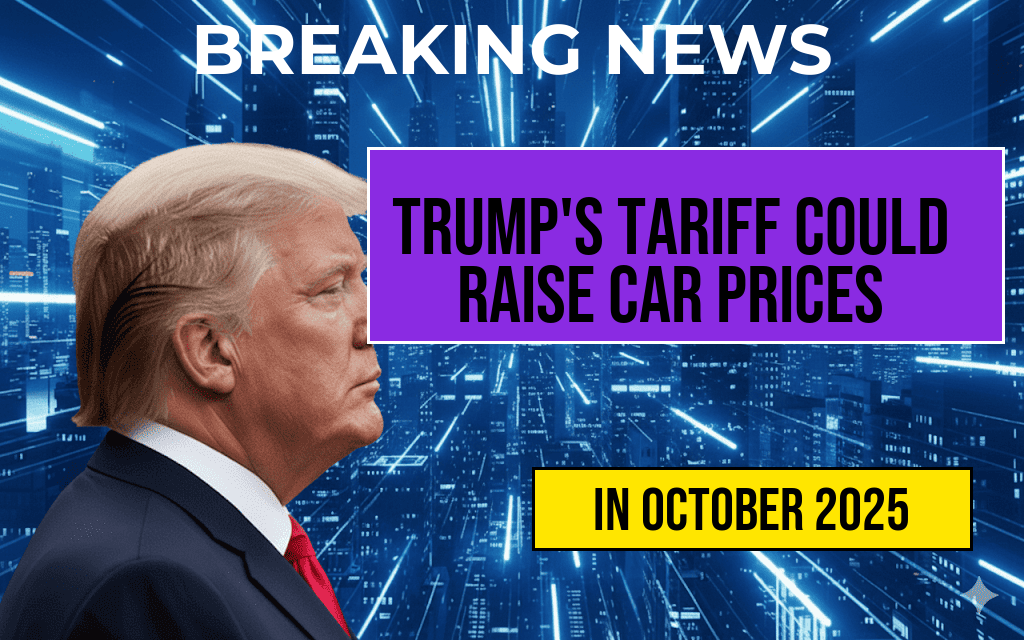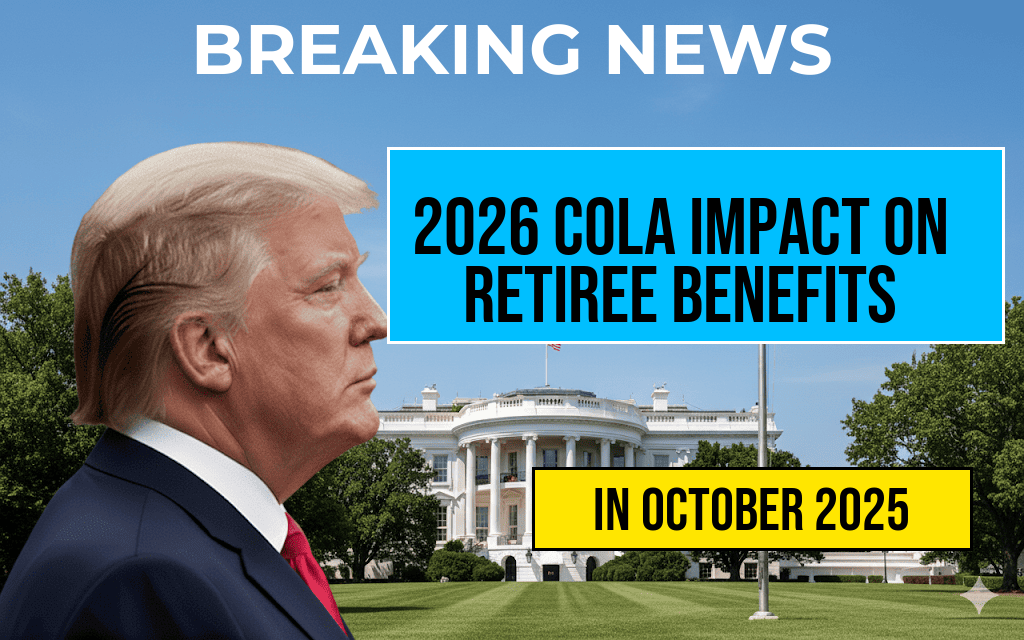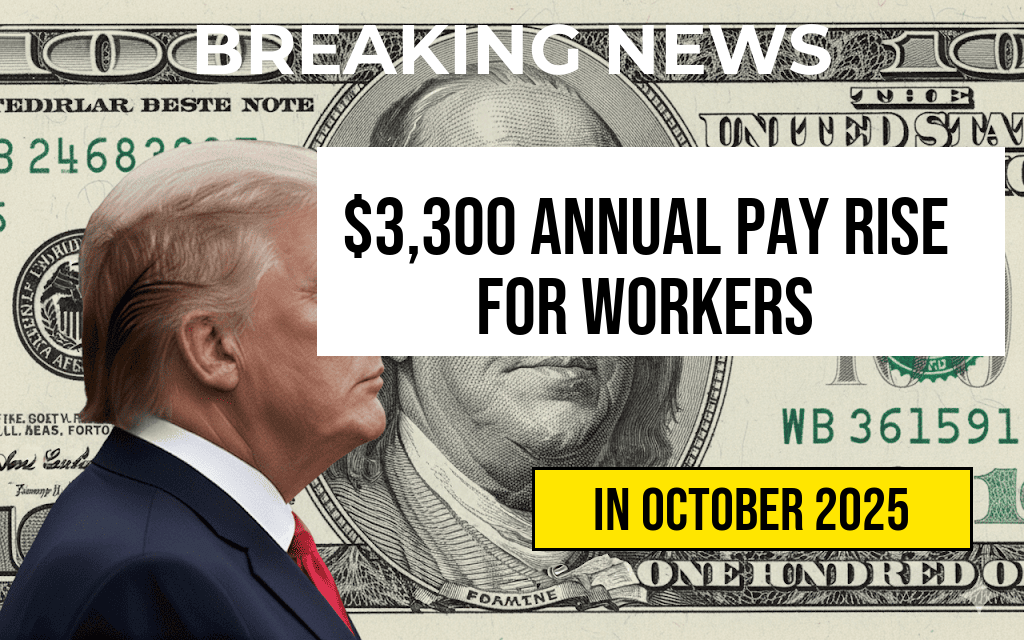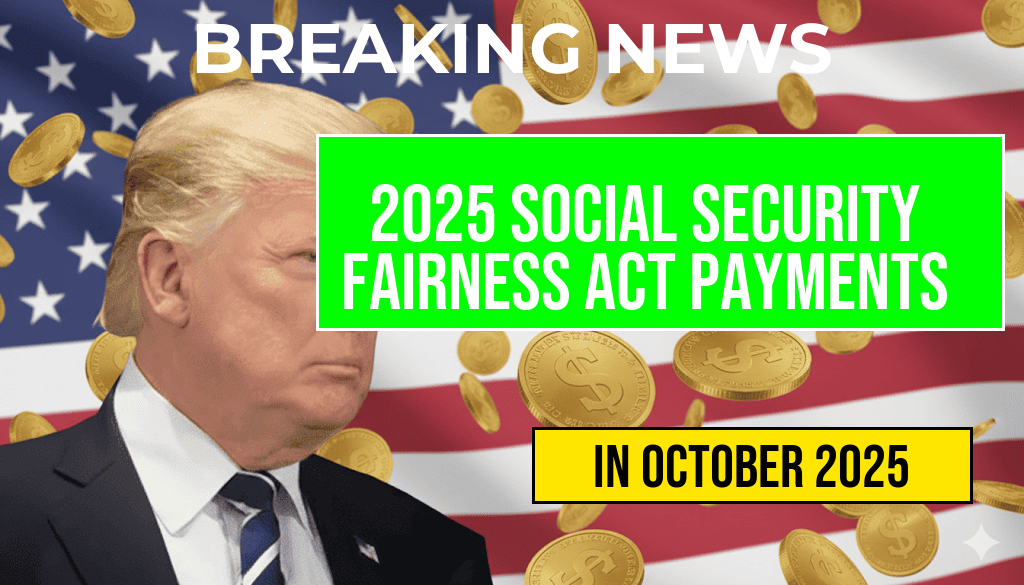Former President Donald Trump’s recent threats to impose tariffs on imported vehicles could significantly impact American car buyers, with estimates suggesting potential price increases of as much as $5,286. This move has sparked widespread concern among automotive manufacturers, economists, and consumers alike, as the auto industry grapples with ongoing supply chain challenges and rising production costs. Experts warn that the proposed tariffs could exacerbate existing inflationary pressures in the market, further complicating the economic landscape as the nation continues to recover from the effects of the COVID-19 pandemic. As the debate unfolds, stakeholders are closely monitoring the potential implications for both the automotive sector and the broader economy.
Understanding the Tariff Proposal
Trump’s tariff proposal targets a wide range of imported vehicles, particularly those produced outside the United States. The rationale behind the tariffs centers on bolstering domestic manufacturing and protecting American jobs. However, critics argue that such measures may inadvertently harm consumers by driving up vehicle prices and limiting choices in the marketplace.
Potential Impact on Vehicle Prices
According to estimates from the American Automotive Policy Council, the proposed tariffs could result in average price hikes of around $5,286 per vehicle. This increase reflects the added costs manufacturers would face in importing vehicles and parts, which are essential for assembly lines across the country. The following factors contribute to this price surge:
- Increased manufacturing costs: Tariffs would raise the cost of imported materials and components.
- Supply chain disruptions: Existing delays in shipping and production would be exacerbated.
- Market inflation: General inflation trends could be intensified by higher vehicle costs.
Consumer Reactions and Concerns
Many consumers are apprehensive about the potential impact of tariffs on their purchasing power. Rising car prices could push the average consumer out of the market or force them to consider used vehicles instead. The automotive market is already experiencing shifts, with electric and hybrid vehicles gaining traction, and any increase in prices could stall this momentum.
Industry Responses
Automakers are voicing their concerns regarding the proposed tariffs. Major manufacturers, including Ford and General Motors, have warned that such measures could undermine their efforts to invest in new technologies and expand their electric vehicle lineups. In a recent statement, a spokesperson for General Motors noted, “Tariffs could hinder our ability to innovate and compete in a rapidly evolving global market.”
The Broader Economic Context
The potential tariffs come at a time when the U.S. economy is still navigating the challenges posed by inflation and supply chain disruptions. Automotive sales are a significant component of consumer spending, and higher prices could lead to reduced demand in this critical sector. According to the Bureau of Labor Statistics, the Consumer Price Index has shown notable increases in vehicle prices over the past year, raising concerns about affordability.
Conclusion
The debate surrounding Trump’s proposed tariffs on imported vehicles highlights the delicate balance between protecting domestic industry and supporting consumer access to affordable transportation. As the automotive sector braces for potential changes, stakeholders from manufacturers to consumers are closely watching the unfolding situation, knowing that the implications could resonate beyond the car market and into the broader economy.
| Vehicle Type | Estimated Price Increase |
|---|---|
| SUVs | $5,286 |
| Trucks | $4,800 |
| Compact Cars | $3,500 |
Frequently Asked Questions
What are the potential impacts of Trump’s tariff threat on car prices?
The tariff threat could lead to an increase in car prices by as much as $5,286, affecting consumers and manufacturers alike.
How do tariffs influence the automotive industry?
Tariffs can raise the cost of imported parts and materials, forcing automakers to pass these costs onto consumers through higher vehicle prices.
Which types of vehicles are most affected by these tariffs?
The tariffs primarily impact imported vehicles and those that rely heavily on foreign parts, potentially raising prices across various car models.
Will American-made cars also see price increases due to tariffs?
Yes, American-made cars may also see price increases as manufacturers adjust to the higher costs of components and materials affected by tariffs.
What steps can consumers take in response to potential price increases?
Consumers can consider purchasing a vehicle sooner to avoid higher prices, research alternative options, and stay informed about market trends related to tariffs.

